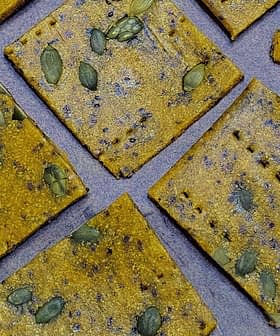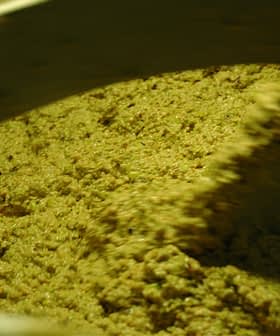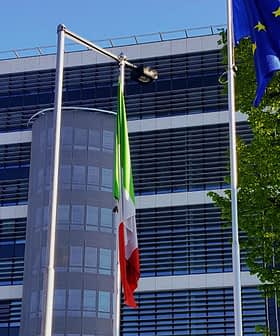Mediterranean Diet with Extra Virgin Olive Oil Lowers Risk of Breast Cancer
A new study published in JAMA Internal Medicine found that supplementing the Mediterranean diet with extra virgin olive oil can significantly reduce the risk of breast cancer in older women. The study, based on the PREDIMED trial in Spain, showed a 62 percent lower risk of malignant breast cancer in subjects who consumed the Mediterranean diet with extra virgin olive oil compared to those on a control diet.
The Mediterranean diet with extra virgin olive oil is beneficial in lowering risk of breast cancer, according to findings of a new study published in the JAMA Internal Medicine.
The results, based on the long-term follow-up of 4,282 women, aged 60 to 80 years enrolled in the PREDIMED trail, add to the benefits of consuming extra virgin olive oil and the Mediterranean diet. The PREDIMED trial, conducted in Spain from 2003 to 2009, was designed to test the benefit of supplementing Mediterranean diet with extra virgin olive oil or mixed nuts in preventing cardiovascular disease.
In the present study, investigators evaluated the effects of supplementing the Mediterranean diet with eitherextra virgin olive oil or mixed nuts on risk of breast cancer.
The subjects enrolled in the study were randomly assigned to one of the three intervention groups: the Mediterranean diet supplemented with extra virgin olive oil; the Mediterranean diet supplemented with mixed nuts; or the control Mediterranean diet.
To ensure adherence to the intervention diets, subjects on the Mediterranean diet with extra virgin olive oil were provided with 1 liter of EVOO/week, while those in the mixed nut group were provided with 30 grams of walnuts, hazelnuts and almonds per day. Participants in the control diet group were provided dietary training to reduce dietary fat intake.
Results of the study showed that subjects on theextra virgin olive oil supplemented Mediterranean diet had a 62 percent lower risk of developing malignant breast cancer than subjects on the control diet. Subjects who consumed higher amounts ofextra virgin olive oil lowered their risk of malignant breast cancer even more.
The positive effect of extra virgin olive oil could be due to the presence of polyphenols such as oleuropein, oleocanthal, hydroxytyrosol and lignans inextra virgin olive oil that have been identified as anticarcinogenic agents. These polyphenols exhibit anti- proliferative action on the expression of human oncogenes, prevent oxidative damage to DNA in mammary epithelial cells, inhibit tumor growth and cause apoptosis of breast cancer cells in laboratory experiments.
Although statistically nonsignificant, subjects on the Mediterranean diet supplemented with nuts also had a lower risk of malignant breast cancer compared to the control group. However, when results of both intervention diet groups were combined, risk of malignant breast cancer was reduced by 51 percent. Only 35 cases of malignant breast cancer were identified during the course of the randomized trial.
While these results are encouraging, the authors acknowledge that the study has limitations, one of which is that these results are a secondary analysis of the PREDIMED trial that was designed to study effect ofextra virgin olive oil and mixed nuts intervention of the Mediterranean diet on prevention of cardiovascular risk.
Another limitation is that the study was conducted on women who habitually consumed the Mediterranean diet, which is known to be protective against breast cancer due to the high intake of fruits, vegetables, whole grains, fish and olive oil. Researchers of the paper recommend more studies to confirm these findings.
- JAMA Internal Medicine









